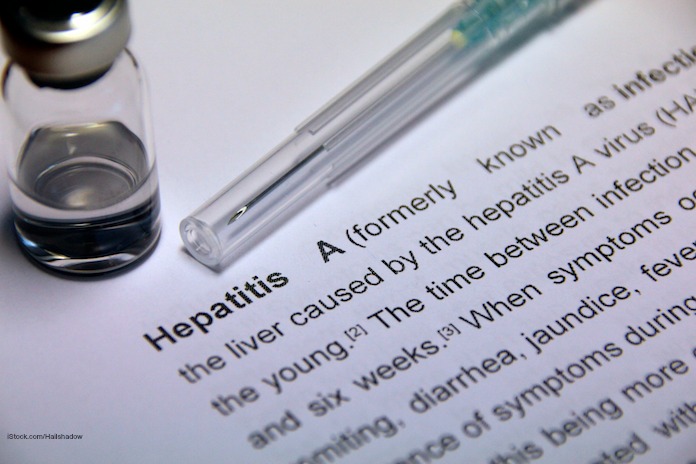
The U.S. Food and Drug Administration (FDA) and the Centers for Disease Control and Prevention (CDC) have joined the investigation into a Hepatitis A outbreak in Hawaii that has sickened 206 people. Along with the Hawaii Department of Health, the agencies have conducted epidemiological, laboratory and traceback investigations that have identified sea scallops supplied by Sea Port Products Corp. as the source of the outbreak.
On August 18, 2016, the company issued a recall for three lots of frozen bay scallops, produced on November 23, 2015 and 24, 2015, with lot numbers 5885, 5886, and 5887. The recalled scallops were distributed to restaurants and retailers in California, Hawaii, and Nevada.
Hepatitis A is a contagious liver disease that is spread from person to person and through contaminated food and beverages. Infected people don’t always have symptoms and can be contagious before symptoms appear.
In Hawaii, all cases patients are adults, 51 of whom have required hospitalization. Those sickened were exposed at a number of locations between June 12, 2016 to August 9, 2016. Anyone who may have been exposed should see a health care provider, put extra effort into hand washing, and watch themselves for symptoms over the next 50 days. Vaccinations can prevent symptoms of a Hepatitis A infection, but only if given within two weeks of exposure.
Symptoms of a Hepatitis A infection include: fever, fatigue, loss of appetite, nausea, vomiting, abdominal pain, joint pain, dark urine, clay-colored stools and yellow skin or eyes. Symptoms, which can last between three and eight weeks, usually start 28 days after exposure, but can appear anywhere from 15-50 days after exposure.




